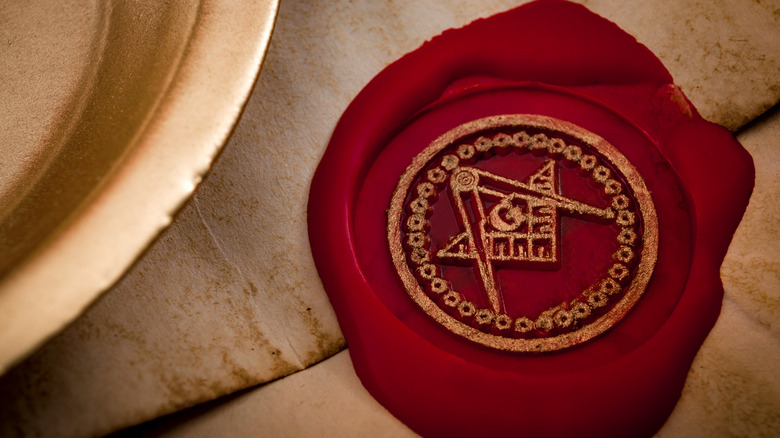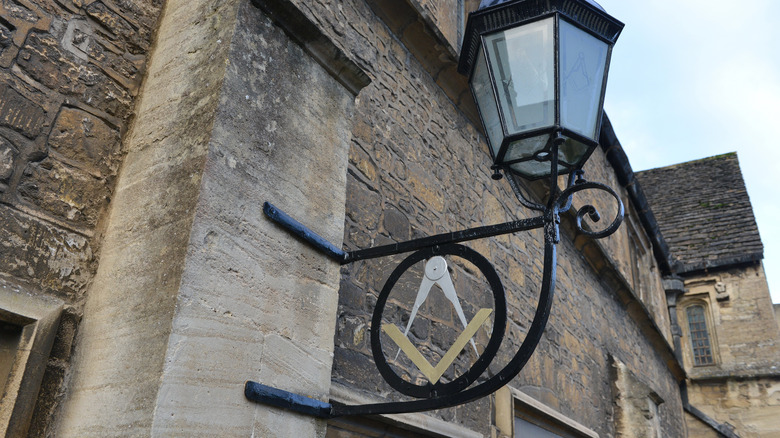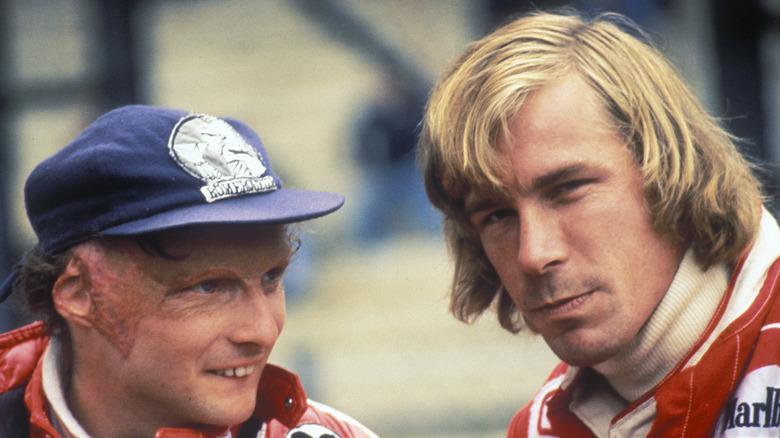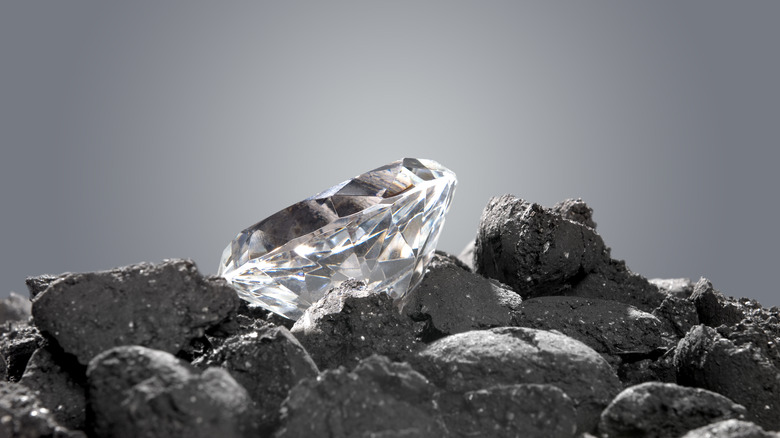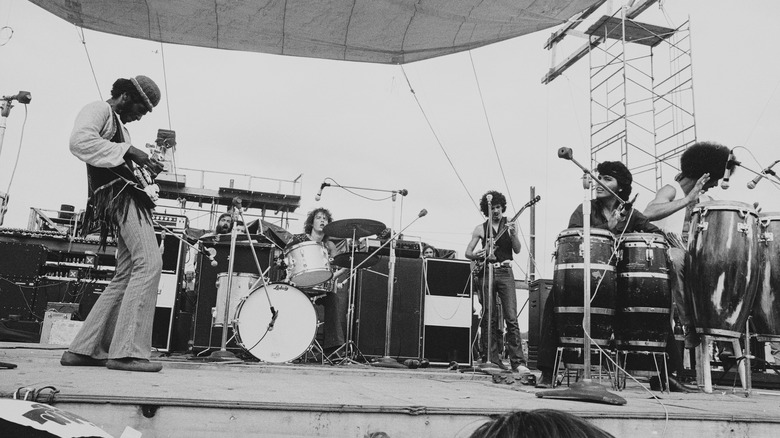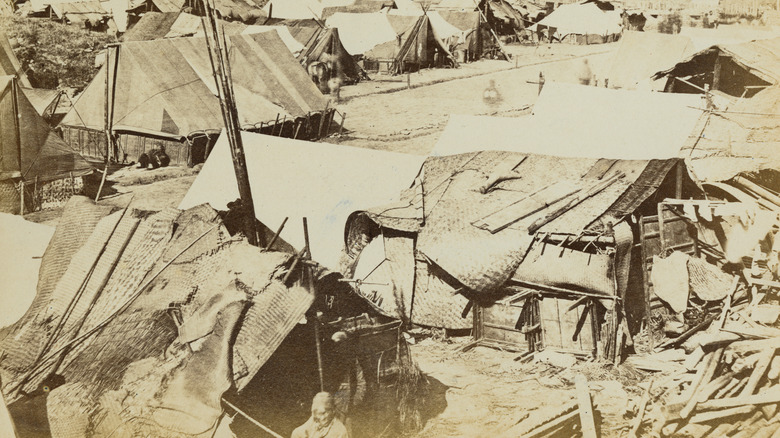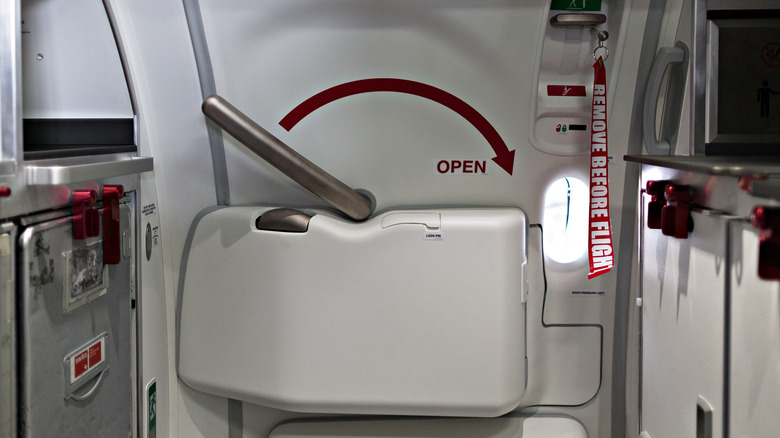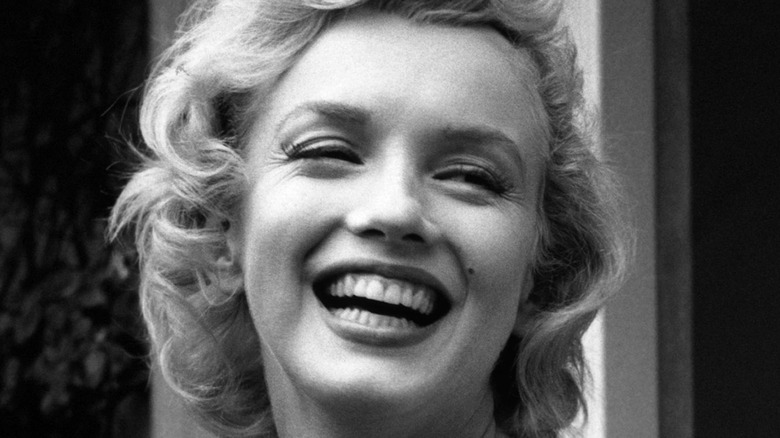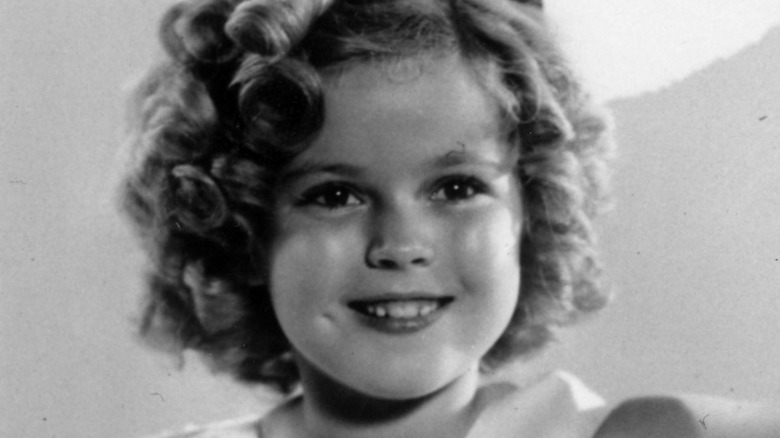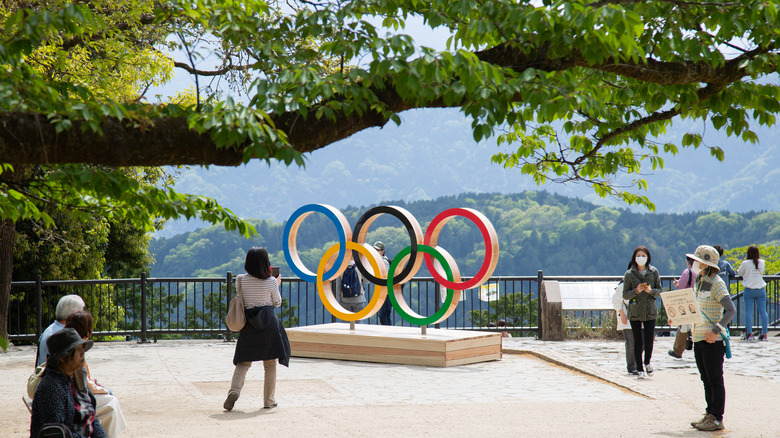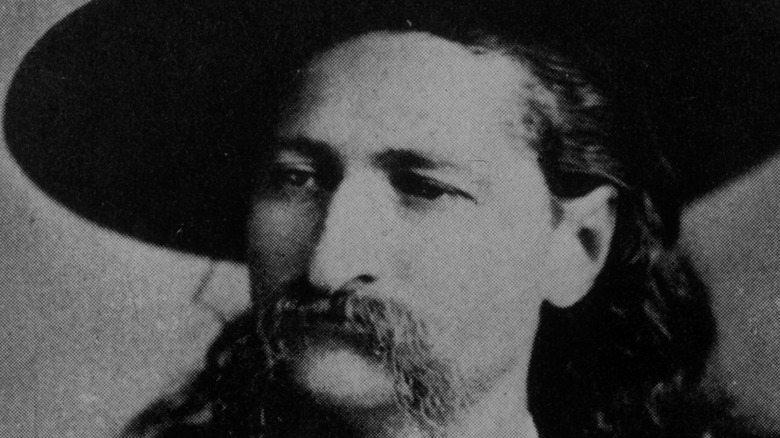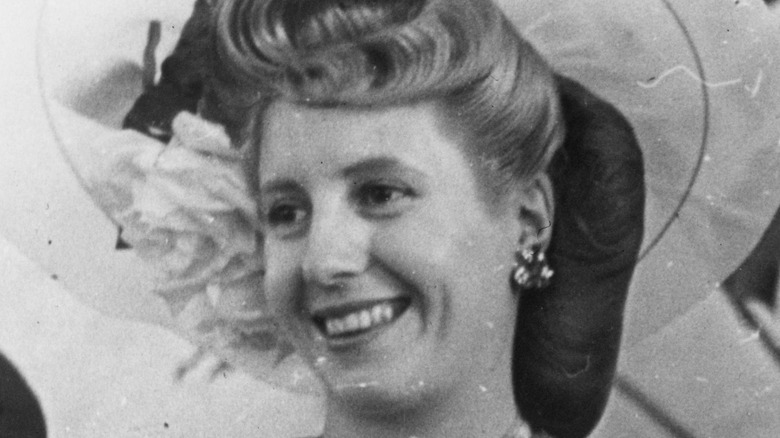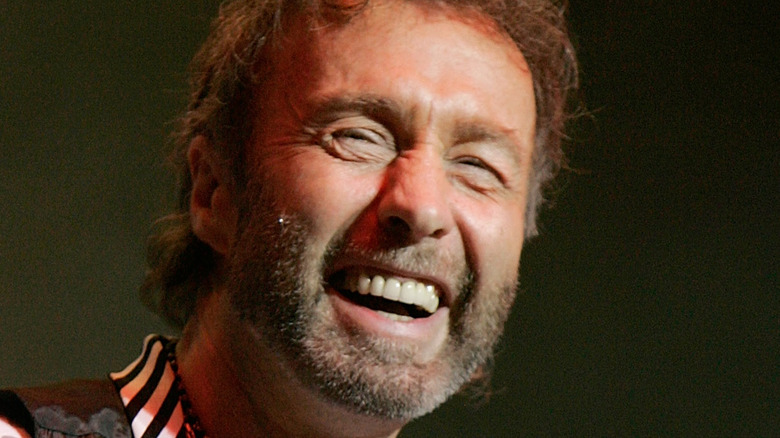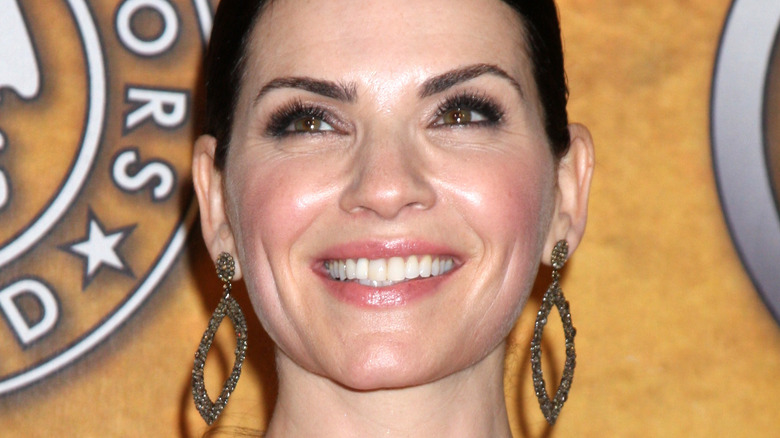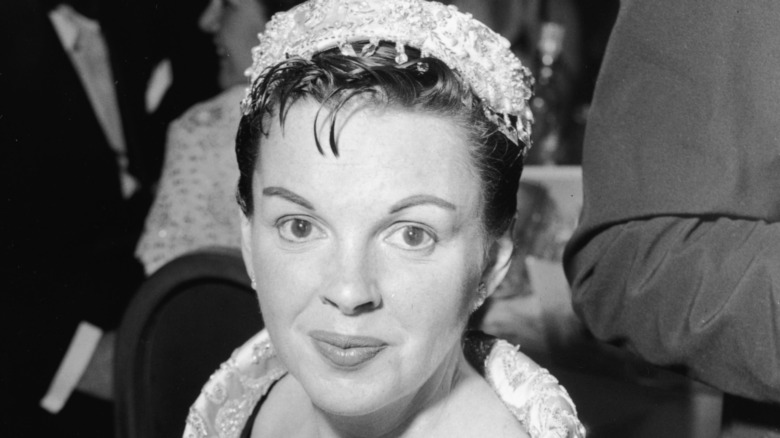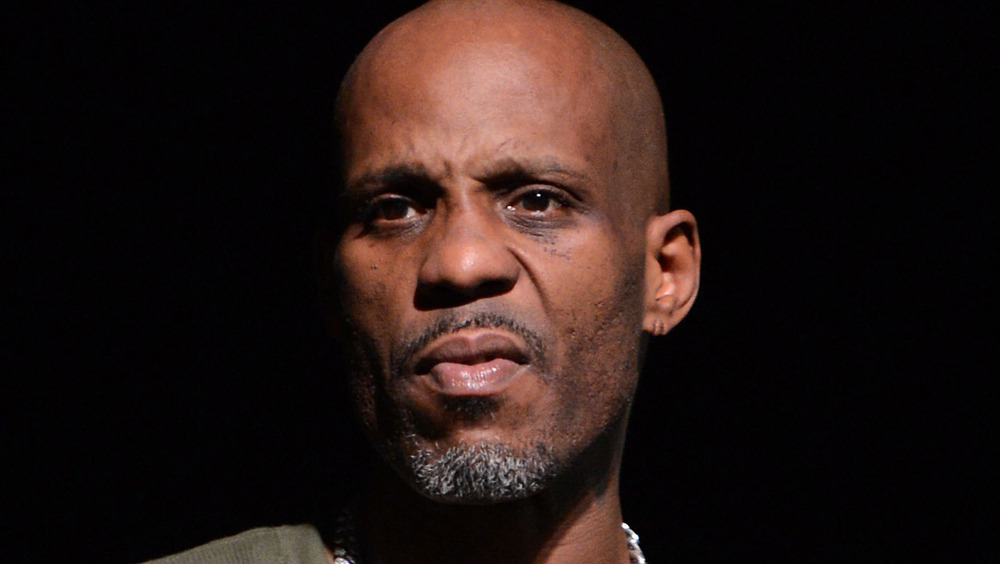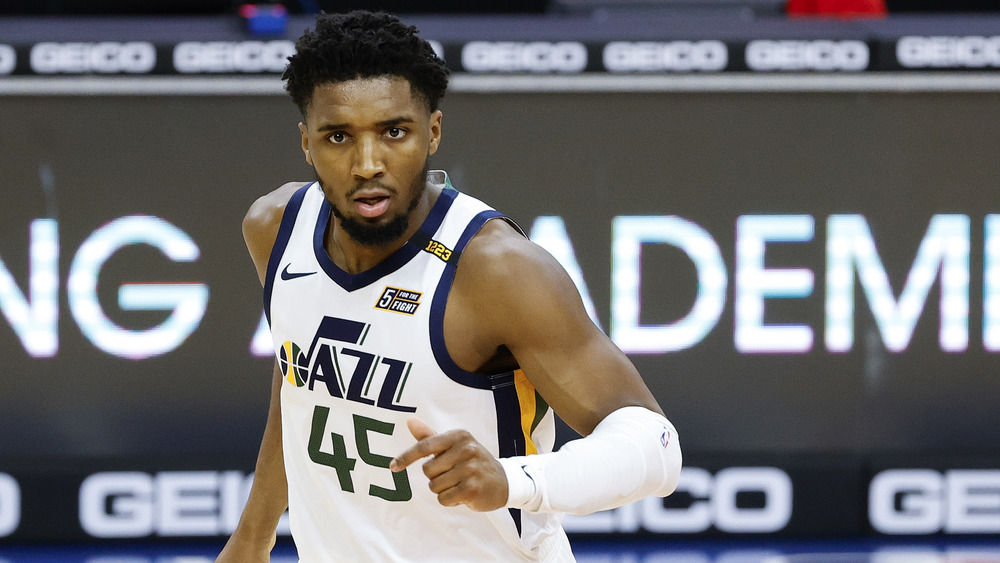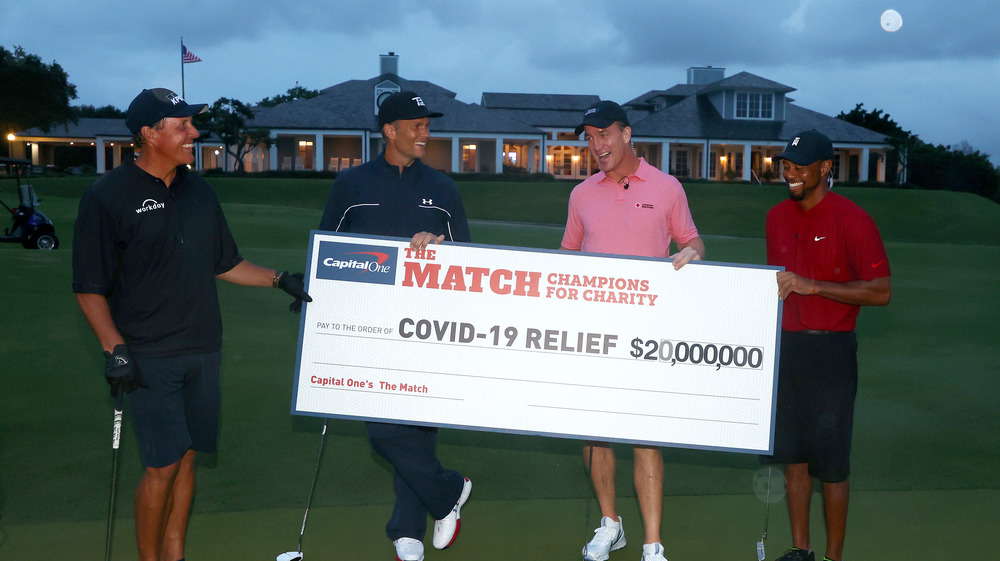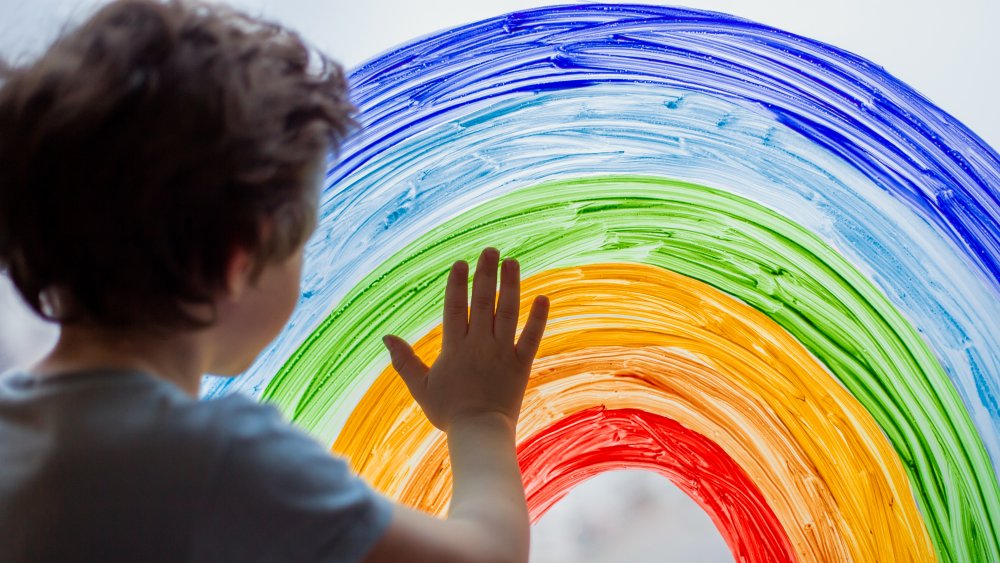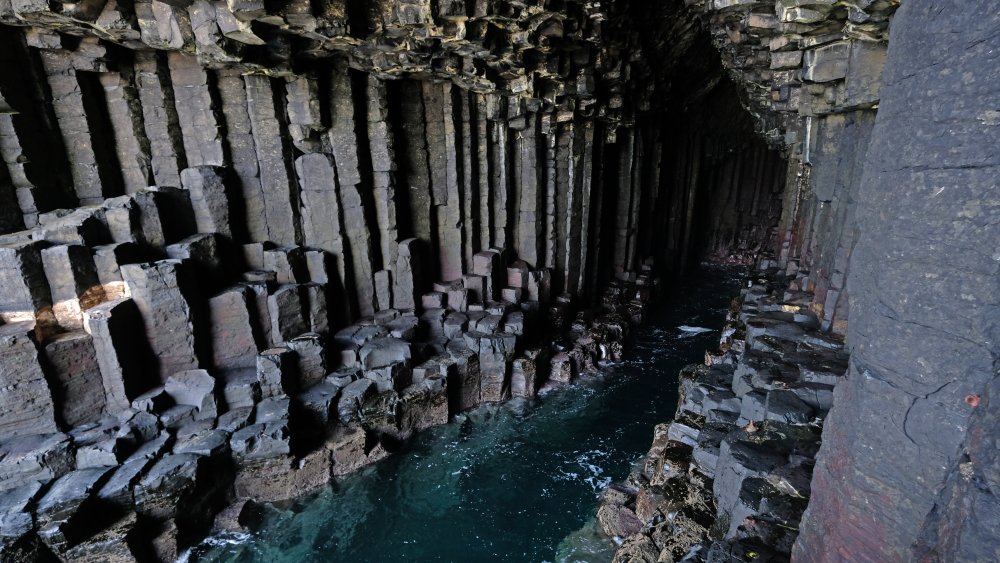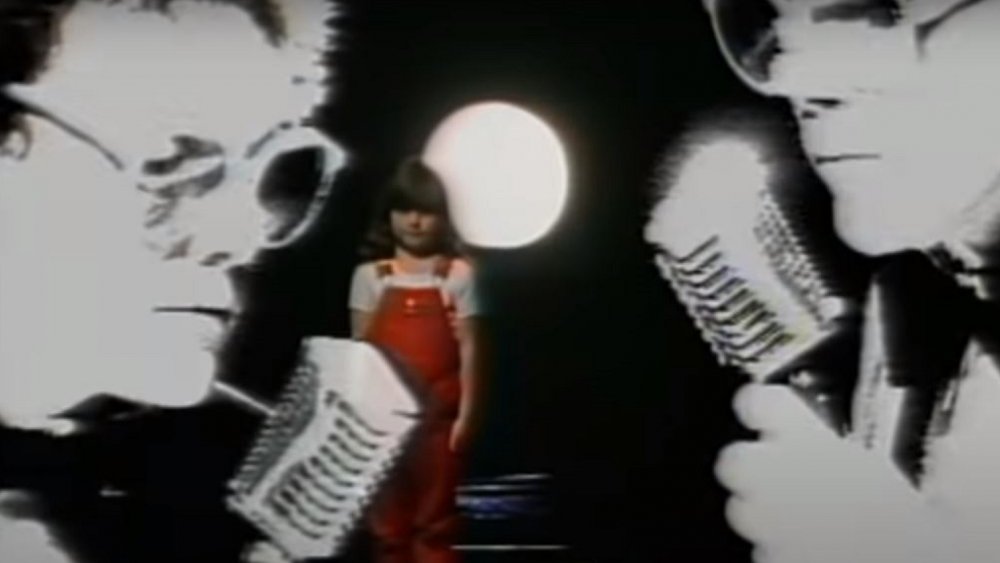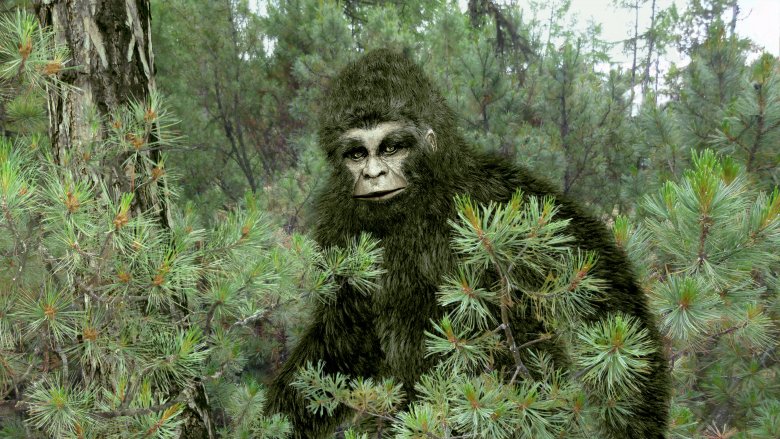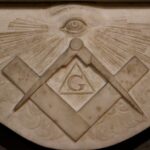
What Do Freemasons Actually Believe?
You do not hear much about them now, but for decades, if not centuries, fraternal societies were as much a part of the fabric of daily life for many adults as driving kids to soccer practice and scheduling play dates are today. TV, and later the COVID-19 pandemic, greatly impacted the importance of societies such as the Oddfellows, the Elks, and the Freemasons. Yet, for the longest time, one’s fraternal society was a source of friendship, social capital, and the basis for one’s charitable work.
One fraternal society that has attracted its share of controversy over the decades has been the Masons. On the surface, they appear to be a group of (usually old) men who meet at the lodge to play cards and enjoy a tall, cold one, but for centuries, both church officials and the general public were concerned about the Masons. That’s because the organization has always been shrouded in secrecy, as noted in the question-and-answer column The Straight Dope, with rumors of pagan rituals, quasi-polytheistic beliefs, and to hear some tell it, a tendency to secretly pull the strings of government, finance, and world domination. That, or they really are just a bunch of men enjoying each other’s company and doing good charitable work, with their purported rituals and beliefs confined to some ancient tome stuck in the lodge’s library, gathering dust.
Most Masons probably don't believe what Masons believe
The group that eventually came to be known as the Freemasons and take on the role of a fraternal society not unlike the Elks or the Oddfellows likely began as a trade guild, according to The Straight Dope. At the time, the secrecy that governed the society’s existence was likely at least partially due to the need to keep outsiders from learning valuable trade skills — masonry specifically. As The Vintage News explained, the group allowed members who professed a belief in God, regardless of their more specific religious affiliation. This was problematic for the Catholic Church, as that type of thing just would not do.
That was centuries ago, of course. These days, Masons are required to profess belief in a higher power — the “Grand Architect of the Universe,” or for the individual Mason, the god of their own religion — in order to join the group or stay in it. This belief system, known as Deism, has put the society at odds with the Catholic Church for centuries, and for a while, Freemasonry was outright banned. However, The Straight Dope also notes that when a Mason achieves the highest rank, the tea is spilled about what the group actually believes, and that “god” is actually Jahbulon, an amalgam of a (the) Hebrew God, a Canaanite god, and an Egyptian one.
Of course, few, if any, Masons actually believe all or any of that, according to The Straight Dope. “Few [Masons] take the rituals literally,” author Cecil Adams wrote.
Masons promoted brotherhood and denounced royalty
All the secrecy and initiation rituals of Freemasonry helped promote the “brotherhood of man,” an aspect made clearer by the overwhelmingly male membership of the Masons — women were only allowed recently, through off-shoot chapters (via Live Science). In the past, Masons were anti-monarchy and pro-republic and constitutional government, which explains why Founding Fathers such as George Washington and Benjamin Franklin were part of the shadowy club. This followed a shift away from stone masonry around the 17th century to a society of wealthy, educated gentlemen discussing the latest trends in philosophy, like a book club for morality. It was also the time when the society became entwined with Deistic beliefs, suggesting that the “Grand Architect of the Universe” was just that, a god-like being that created the world but has no further influence in its existence.
Masonic lodges, particularly the more traditional ones, struggle for morality in terms of membership, however. Many conventional lodges refuse to accept anyone who is not a white male, a struggle that continues to this day. Women and minorities run their own Masonic lodges, completely separated from the traditional bands of old white men. It’s a strange, archaic unwritten rule — while women were initially barred in the society’s original rules, there is nothing regarding race — that sours the Freemason’s modern reputation. With many rituals purely for show, and the meaning of their group’s many symbols up for debate, belief in the Masonic Code has become far from dogmatic. It is a place to meet and bond and promote brotherhood and charity — whenever it is convenient for members.
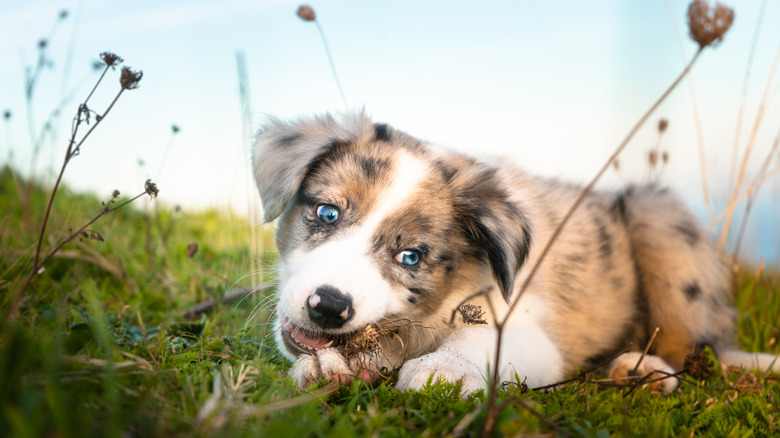
The Truth About Amish Puppy Mills
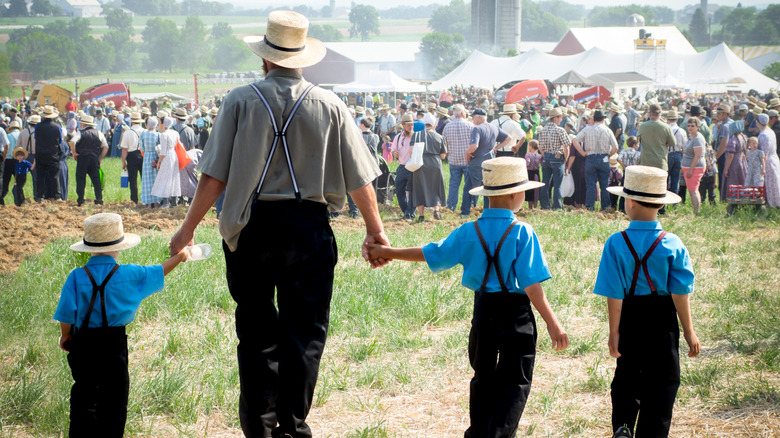
The Ordnung: The Truth About The Amish Society's Manual
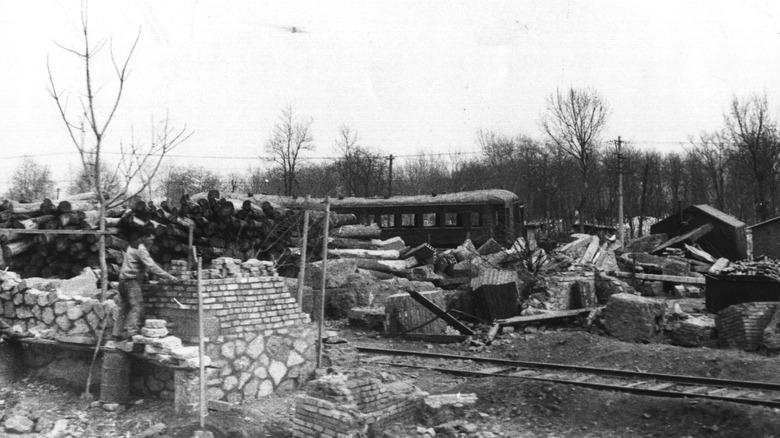
The Truth About The Deadly 1976 Tangshan Earthquake
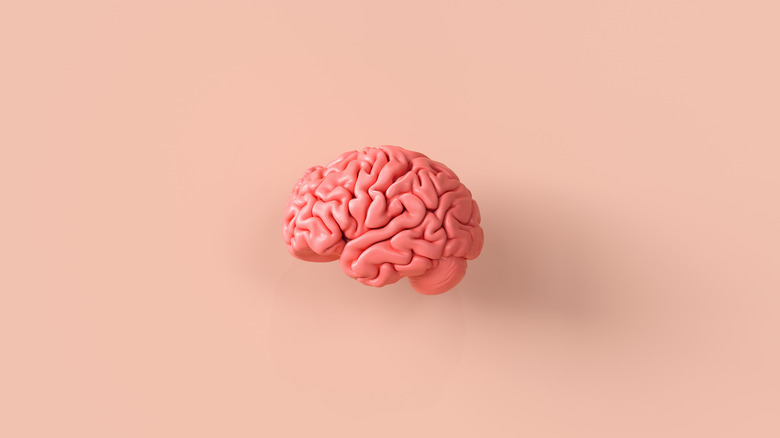
What Would Happen If Your Brain Was Split In Half
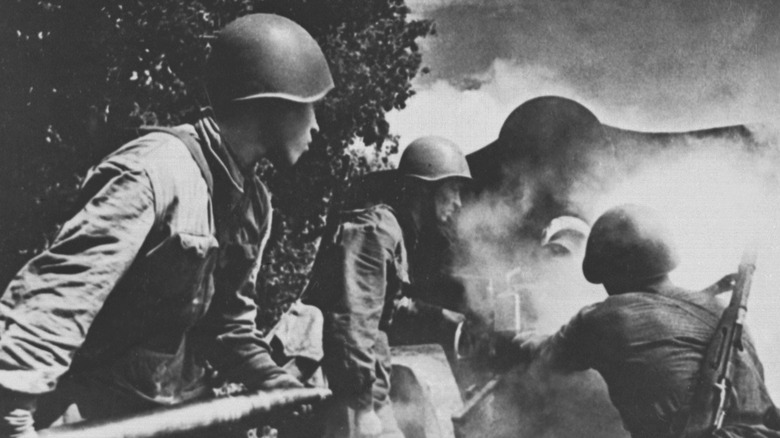
Deadliest Battles Of World War II

How The CIA Used Shoelaces To Send Secret Coded Messages
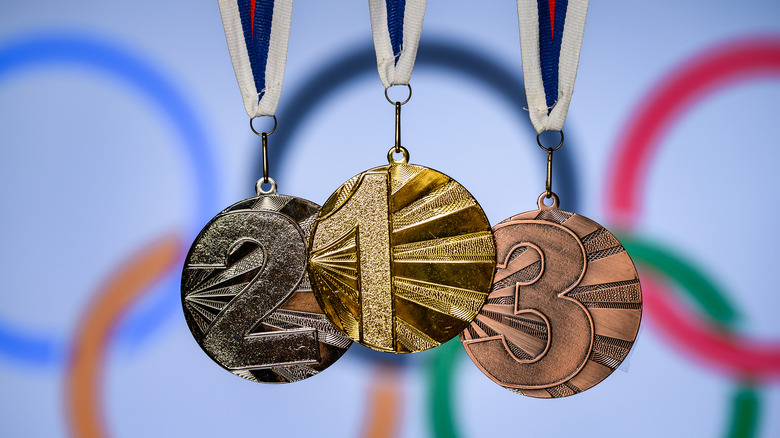
Inside The Track And Field Controversy Of The 1908 Olympics
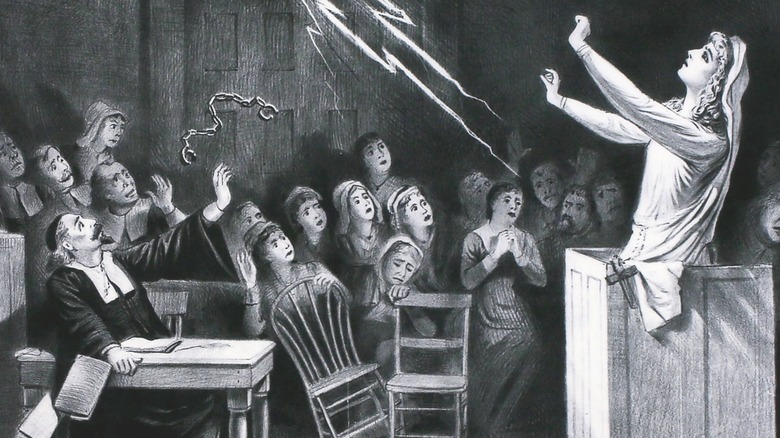
Do Witch-Hunters Still Exist Today?
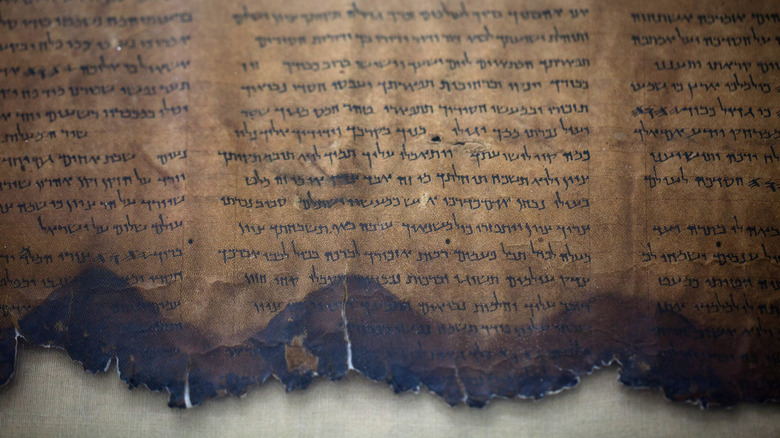
What You Didn't Know About The Largest Dead Sea Scroll
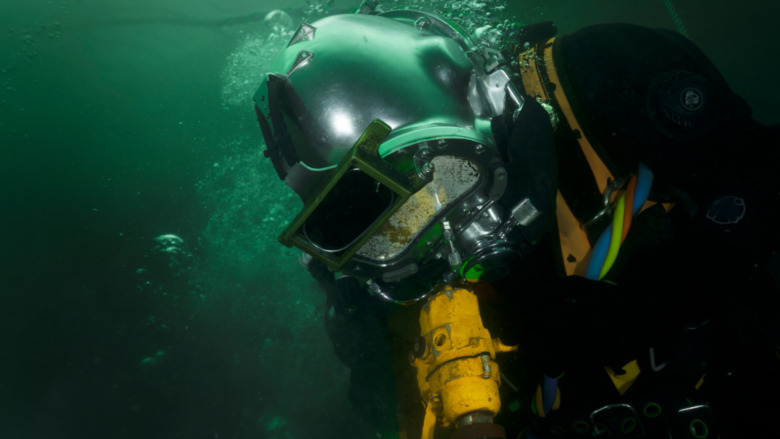
Saturation Diving: The World's Most Isolated And Lethal Job
